🖥️ Master OOP with C# - C# OOP Learning Tool
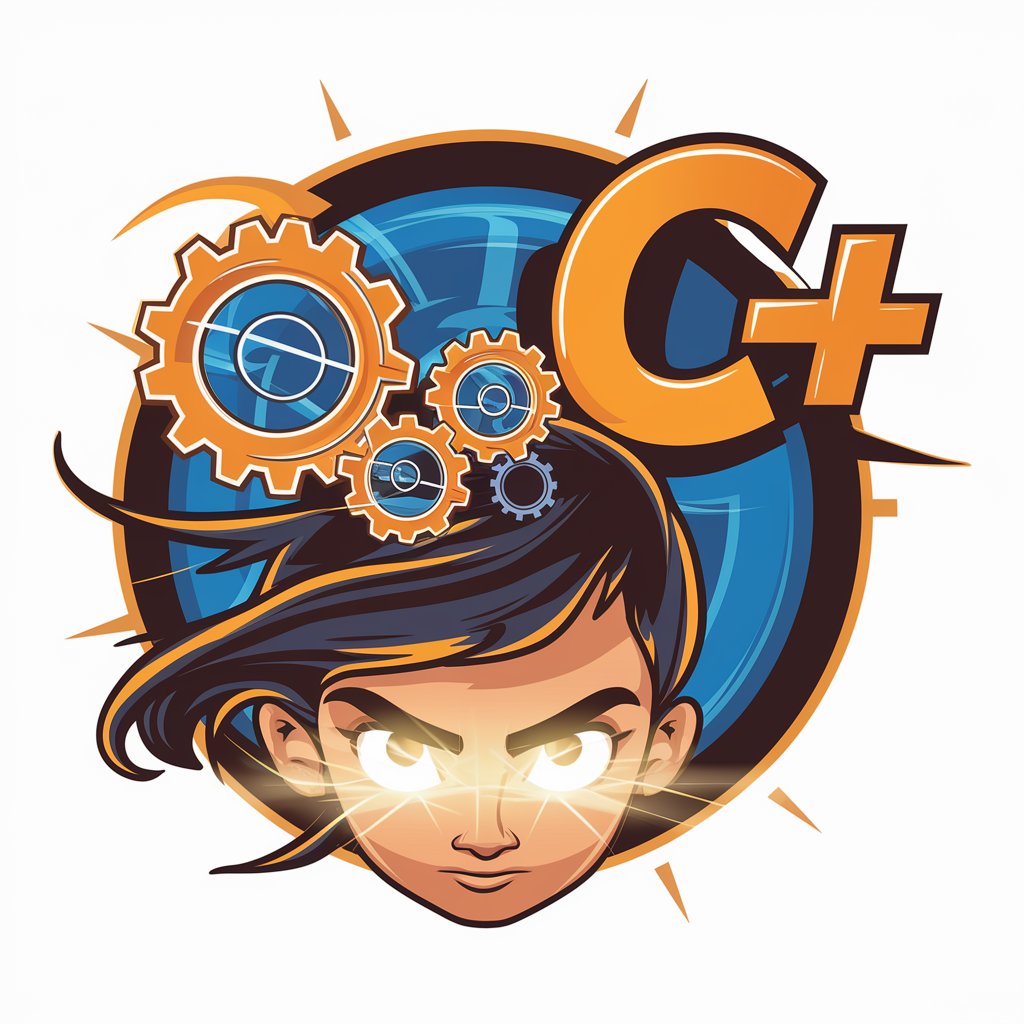
Ready to dive deep into C# and OOP? Let's code!
Empowering your journey to master OOP in C#.
Explain the concept of inheritance in C# with examples.
How does polymorphism work in C#?
What are the key differences between classes and objects in C#?
Provide an example of how to implement interfaces in C#.
Get Embed Code
Introduction to 🖥️ Master OOP with C#
🖥️ Master OOP with C# is a specialized digital assistant designed to guide users through the complexities of Object-Oriented Programming (OOP) using the C# programming language. Its primary aim is to help users grasp the foundational and advanced concepts of OOP, such as classes, objects, inheritance, polymorphism, and more, within the context of C#. It emphasizes not just the theoretical aspects of these concepts but also their practical application through coding examples, exercises, and project-based learning. By integrating detailed explanations with hands-on practice, it encourages users to experiment with code, learn from mistakes, and consistently apply OOP principles in C# to build a strong programming foundation. Powered by ChatGPT-4o。

Main Functions of 🖥️ Master OOP with C#
Detailed Conceptual Explanations
Example
Explaining the concept of polymorphism in C# through examples showcasing method overriding and interface implementation.
Scenario
When a user struggles to understand how polymorphism allows methods to do different things based on the object that is calling them, 🖥️ Master OOP with C# breaks down the concept with code snippets and real-world analogies.
Coding Advice and Best Practices
Example
Providing guidance on implementing encapsulation in C# to protect object integrity by using access modifiers (private, public, protected).
Scenario
A user wants to create a class with sensitive data. 🖥️ Master OOP with C# advises on structuring the class to hide its state and expose only necessary methods through proper encapsulation techniques.
Project-Based Learning Guidance
Example
Guidance on structuring a simple C# project to apply OOP concepts, such as building a basic inventory management system.
Scenario
When a user is ready to apply their knowledge in a practical project, 🖥️ Master OOP with C# helps outline the project's structure, suggesting how to organize classes and objects to model real-world entities effectively.
Ideal Users of 🖥️ Master OOP with C#
Programming Students and Beginners
Individuals new to programming or C# who seek a solid foundation in OOP principles. They benefit from the step-by-step guidance, clear explanations, and opportunities to practice coding.
Experienced Developers New to C#
Programmers experienced in other languages who want to transition to C# or deepen their understanding of OOP. They gain from advanced topics and best practices tailored to C#.
Project Builders and Hobbyists
Anyone looking to build projects or hobbies in C# with a focus on applying OOP concepts. They benefit from the project-based learning guidance and practical application of OOP principles.

How to Use 🖥️ Master OOP with C#
1. Start Your Journey
Begin by accessing a free trial at yeschat.ai, no login or ChatGPT Plus subscription required.
2. Specify Your Learning Goal
Identify your current knowledge level in C# and the specific OOP concepts you're interested in mastering.
3. Engage with Tailored Guidance
Interact with 🖥️ Master OOP with C# by asking specific questions or sharing code snippets for review and advice.
4. Implement and Experiment
Use the provided examples and explanations to write your own code, experimenting with different OOP principles in C#.
5. Regular Practice
Consistently practice coding problems and projects, utilizing feedback to improve your understanding and skills.
Try other advanced and practical GPTs
Stuck in the Middle of a Left and a Right
Dive into debates, powered by AI.

Navigating Majors and Careers
AI-Powered Academic and Career Navigation

Left or Right
Explore Your Political Alignment with AI
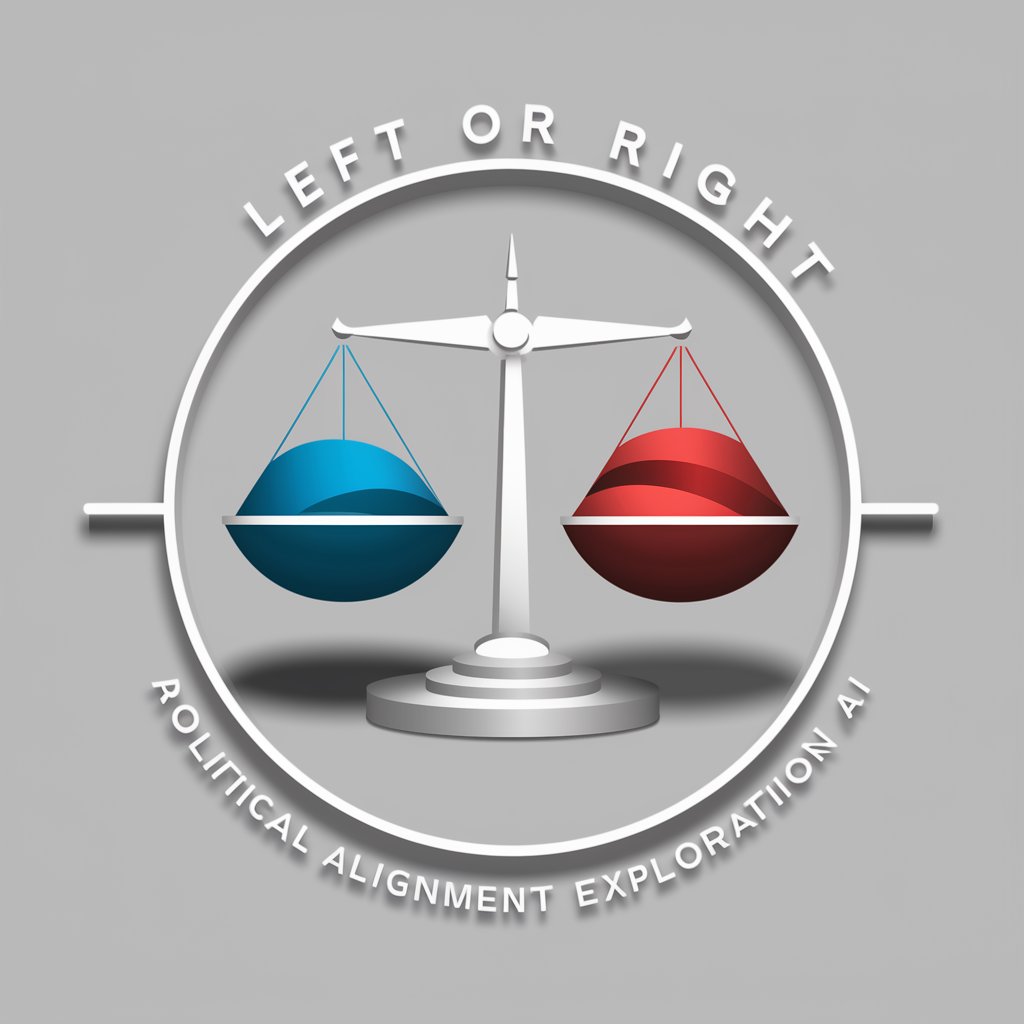
JavaScript UI Testing: Flawless Interfaces
Automate UI testing with AI efficiency
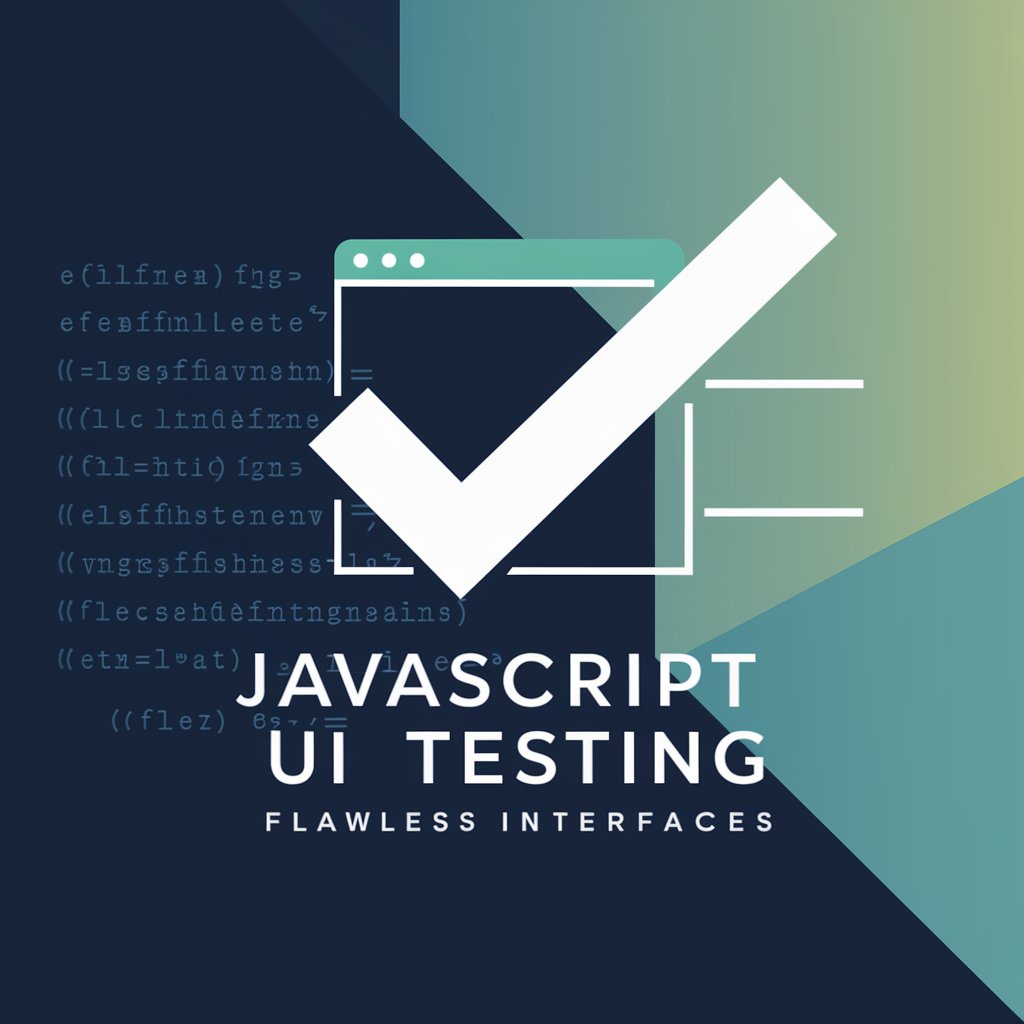
JavaScript Journeys: Crafting Cross-Platform Apps
Empowering your mobile app journey with AI
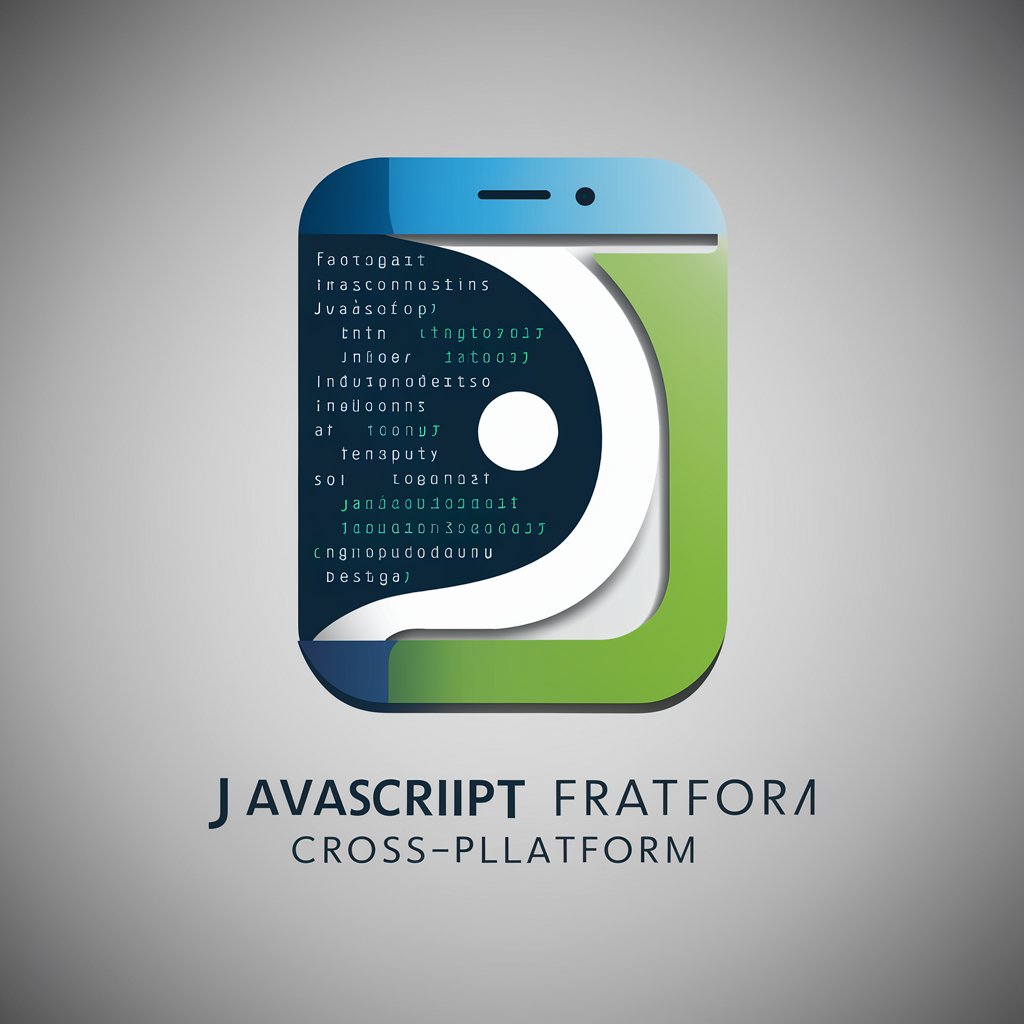
Bitcoin Explained
Unraveling Bitcoin with AI Expertise
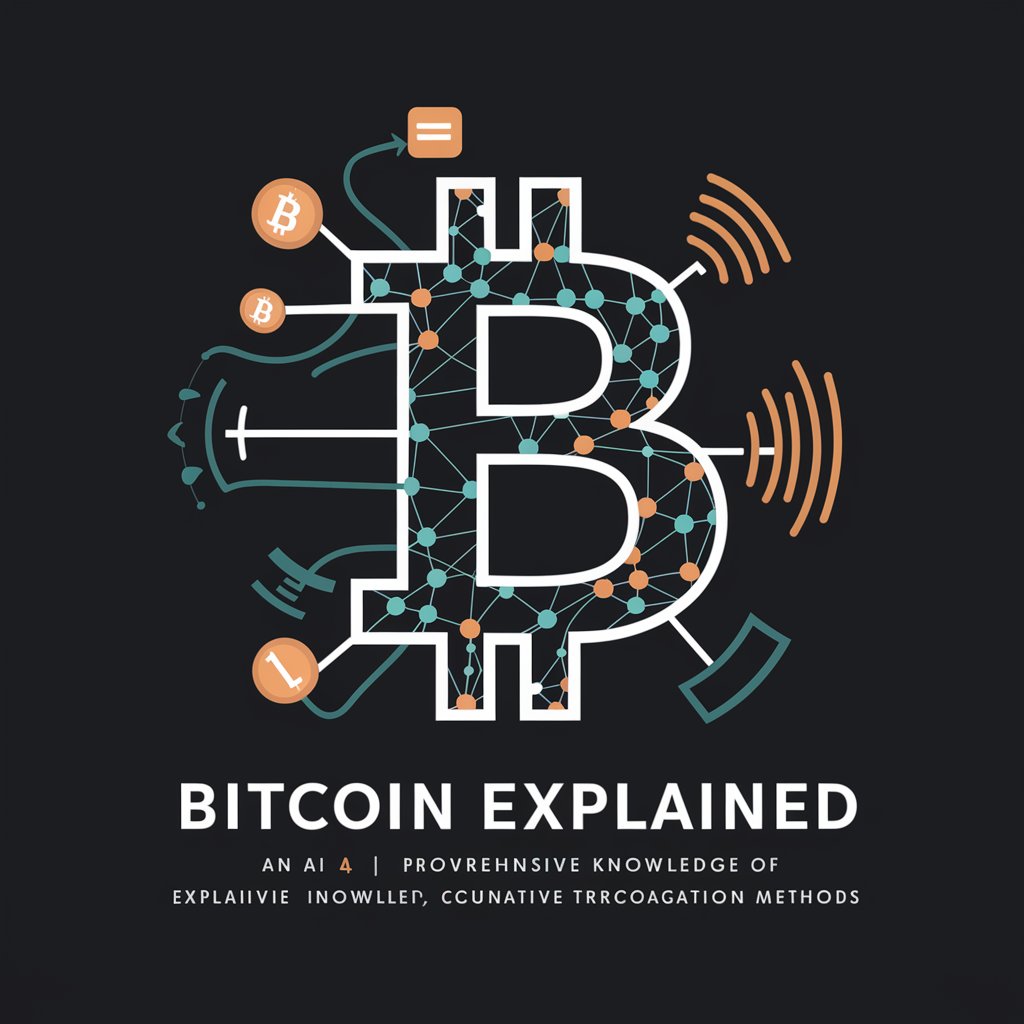
Spanish Teacher GPT
Master Spanish with AI-Powered Lessons
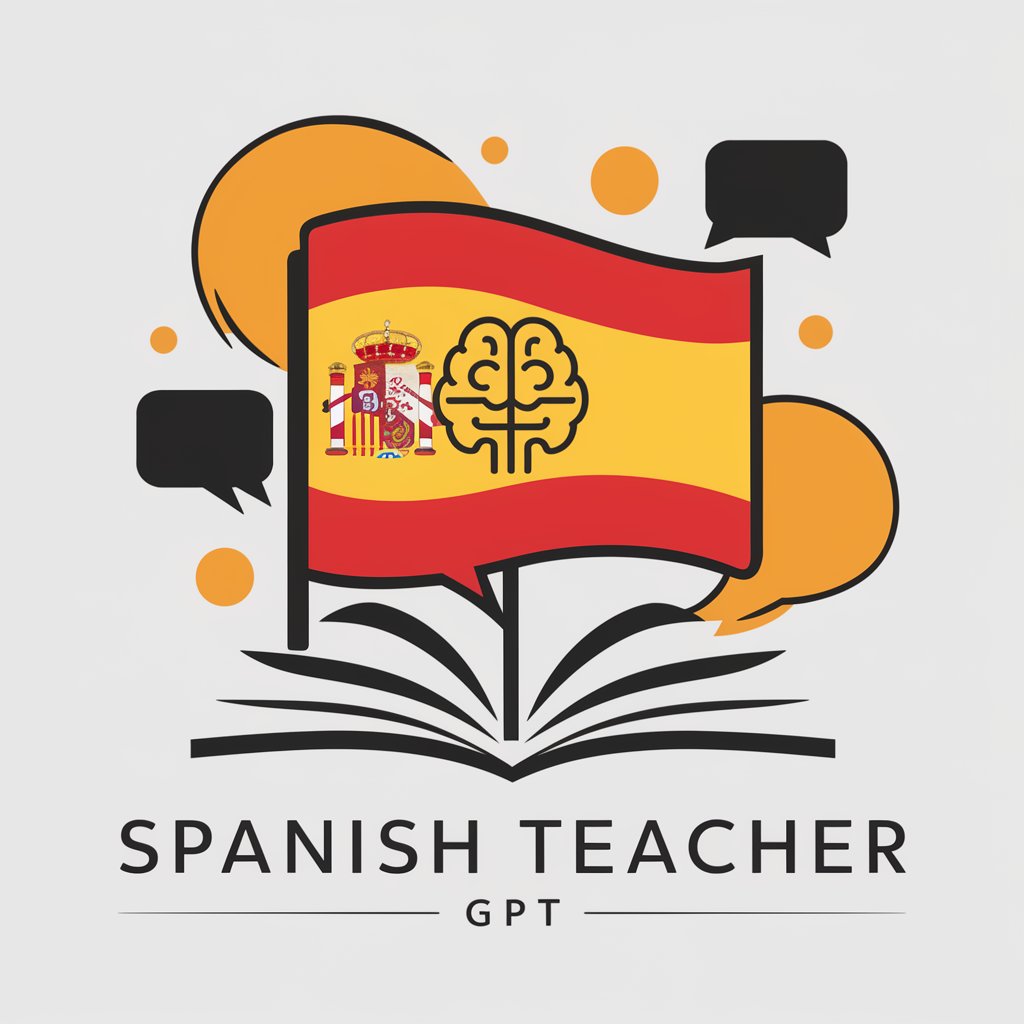
Java Annotations: Code Elegance Redefined
Elevate Java code with AI-driven annotations.
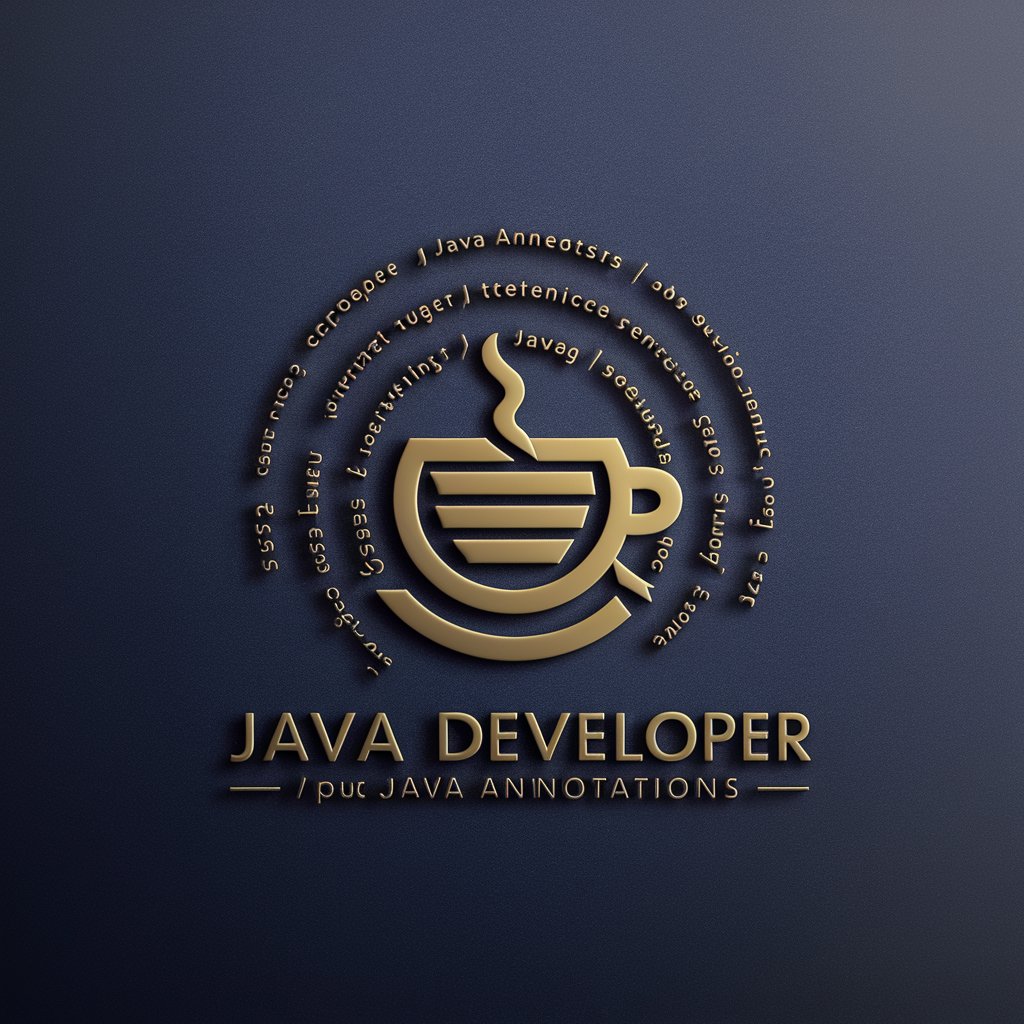
JCE Java Code Explainer
Decoding Java with AI-powered clarity
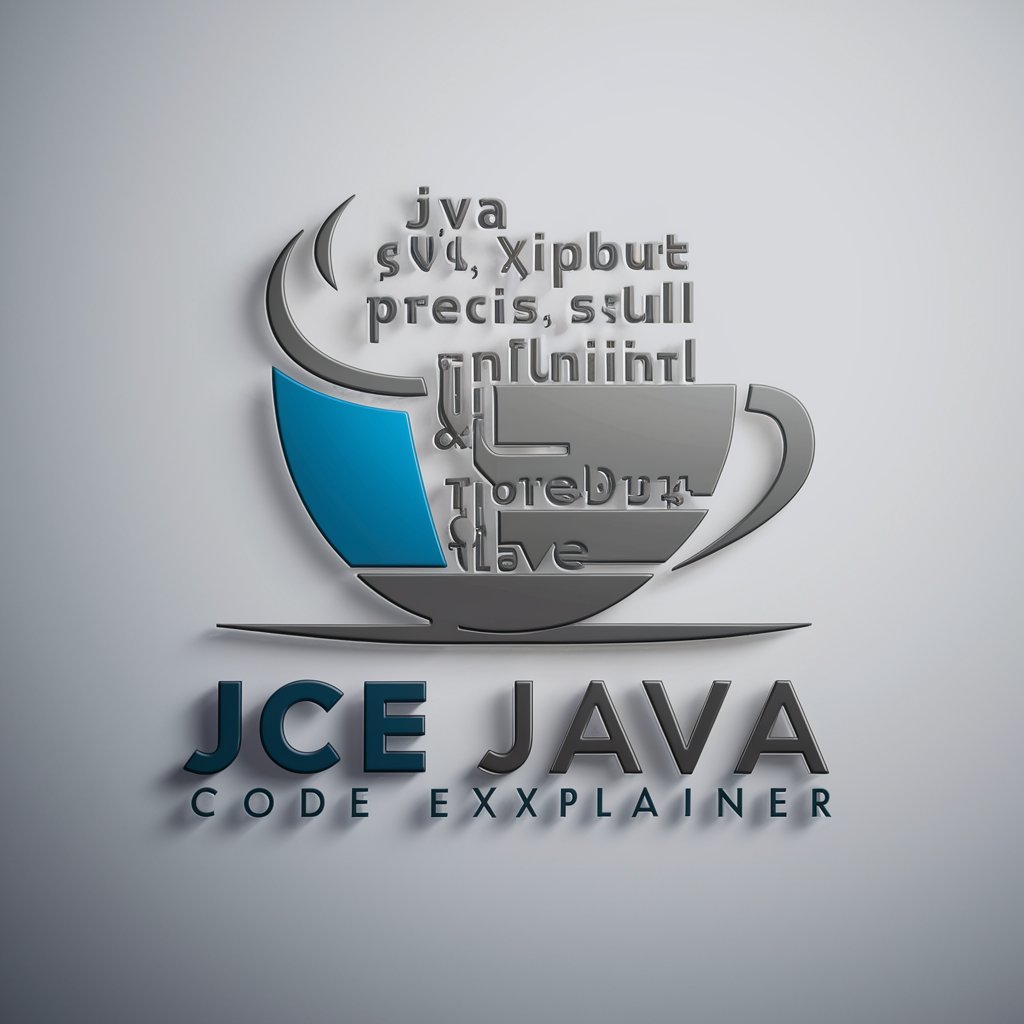
Java HashMap: Elevate Your Coding Skills
Unleash the power of Java HashMap with AI assistance.
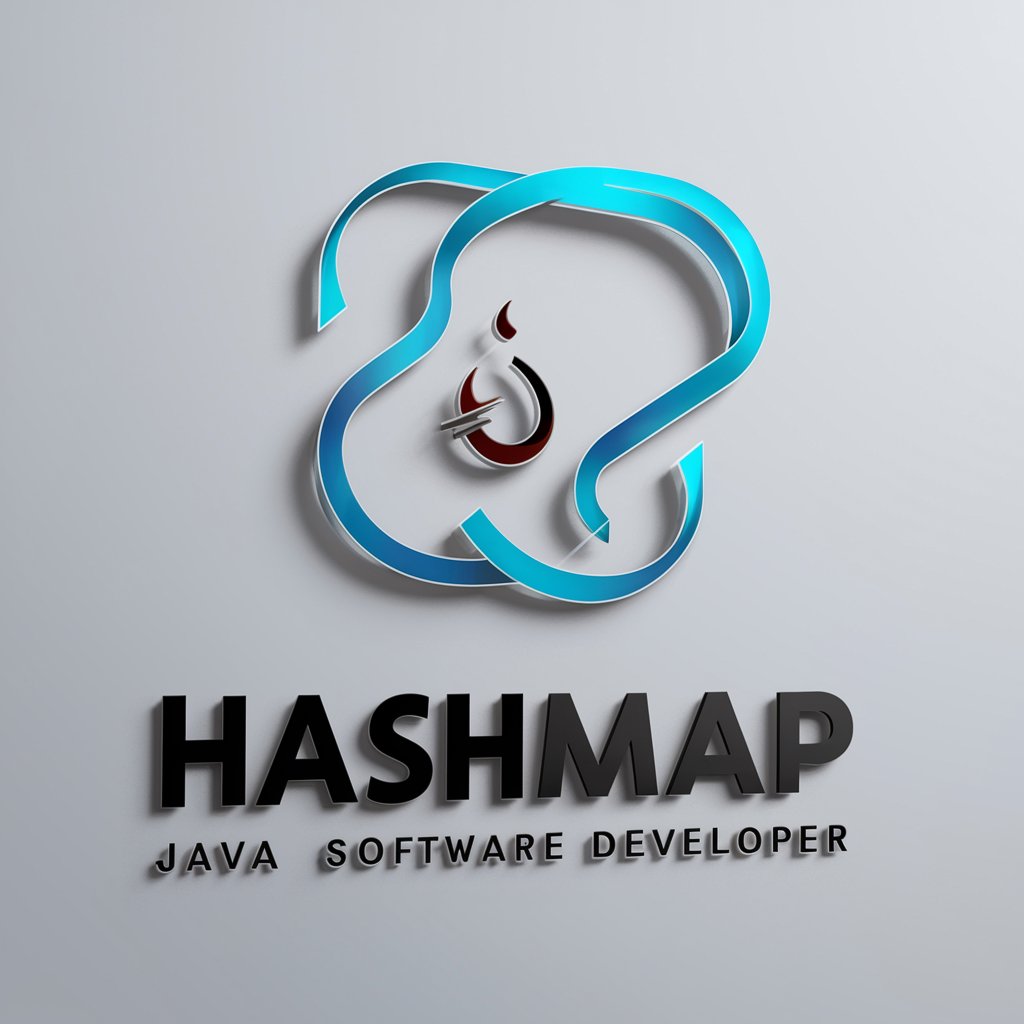
SEO-Optimized Content Creator: Quibly™
Elevate Your SEO Game with AI-Powered Content
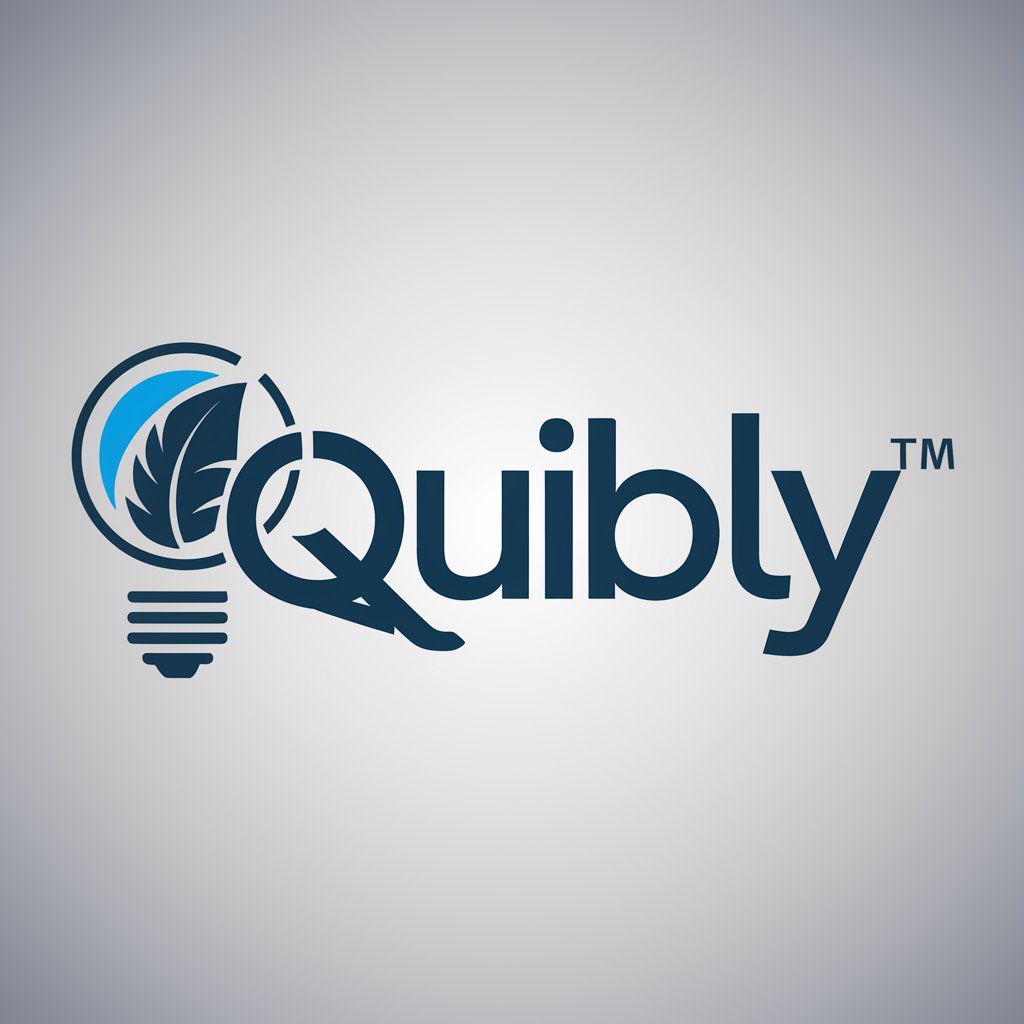
Multi-Language Image SEO Optimizer
Optimize visuals into SEO-rich content.

FAQs About 🖥️ Master OOP with C#
What OOP concepts can I learn with this tool?
You can explore a wide range of OOP concepts including classes, objects, inheritance, polymorphism, encapsulation, and interfaces, tailored specifically to C#.
How does this tool help beginners?
It offers step-by-step explanations, real-world examples, and personalized guidance to help beginners understand complex OOP principles in a simpler context.
Can I get feedback on my code?
Yes, you can share code snippets to receive constructive feedback, suggestions for improvement, and best practice advice.
Is there a limit to how many questions I can ask?
No, you can ask unlimited questions to deepen your understanding of C# and OOP principles.
How can I track my progress?
Through implementing provided examples and challenges, and progressively tackling more complex problems, you'll be able to gauge your learning progress.
